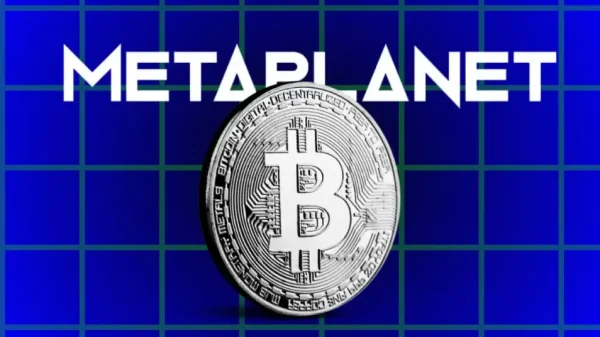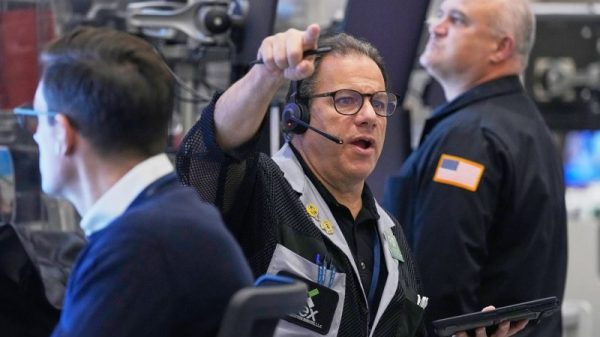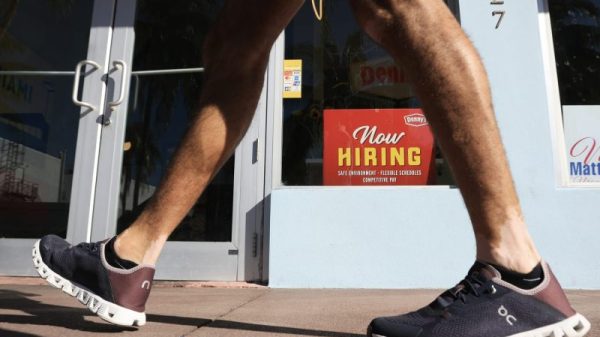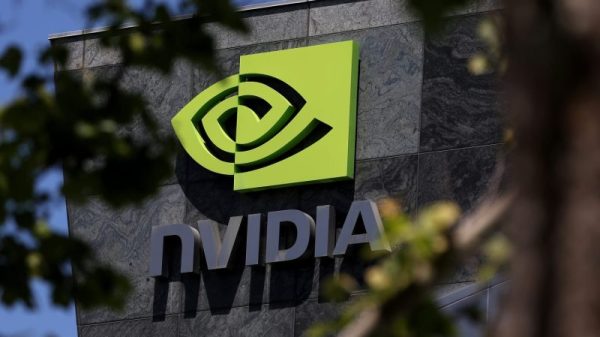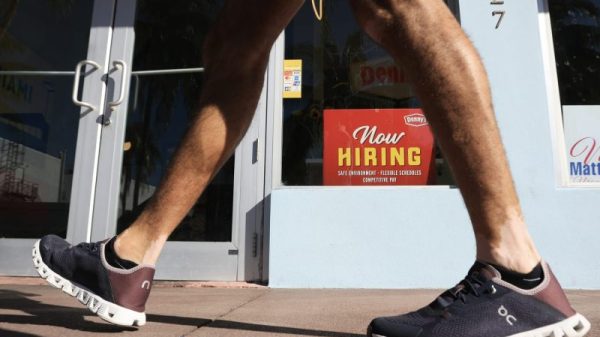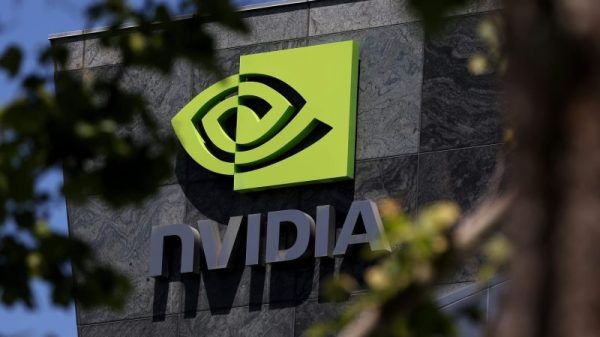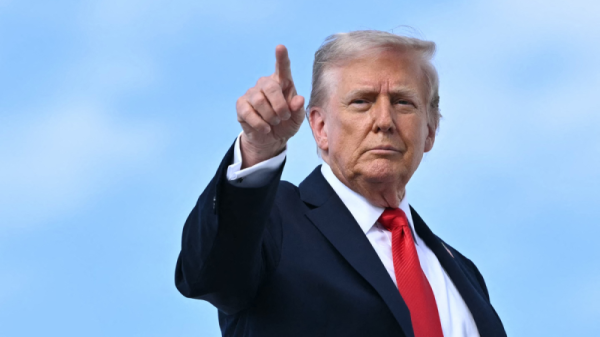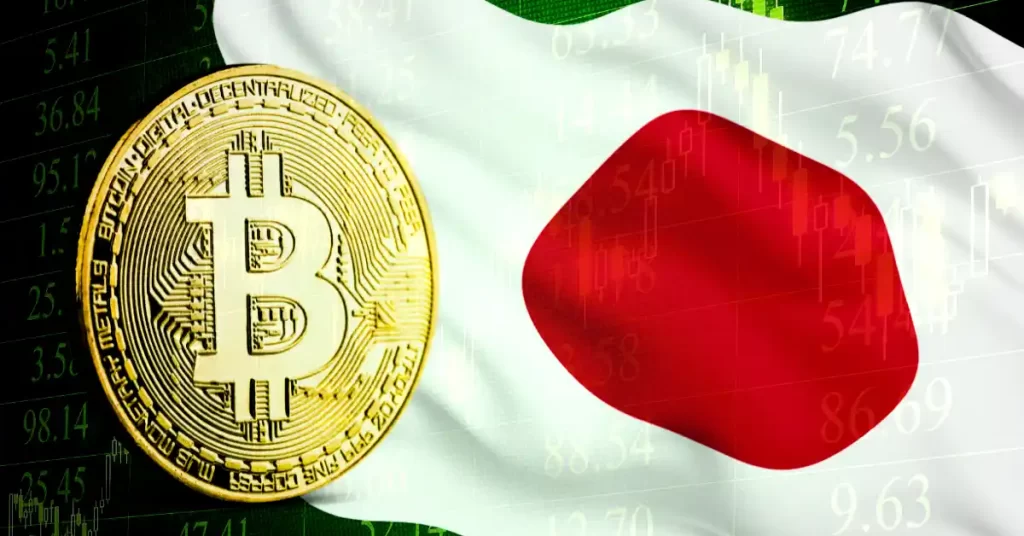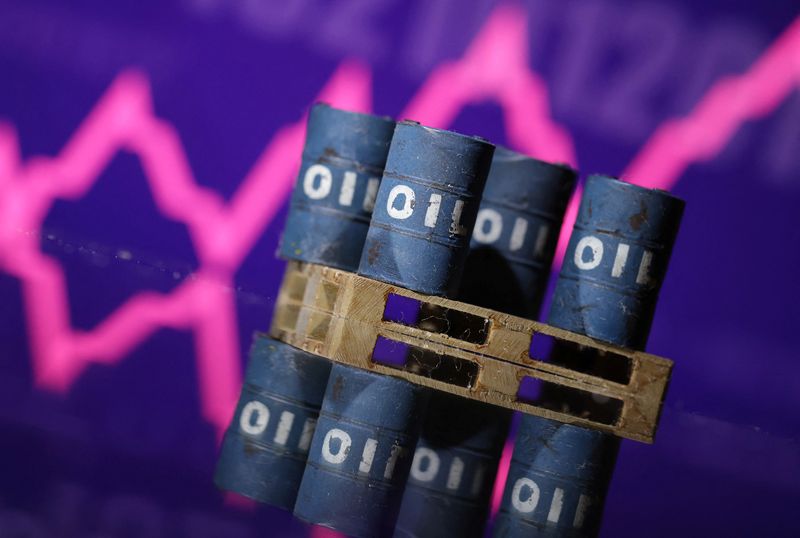The post Japan’s New Crypto Law: Exchanges Required to Hold Liability Reserves for User Safety appeared first on Coinpedia Fintech News
Japan is preparing to introduce one of its most important crypto rules to protect everyday crypto users from hacks, exchange failures, etc.
The country’s Financial Services Agency (FSA) is set to require all licensed crypto exchanges to maintain dedicated liability reserves, a safety buffer meant to protect customers if things go wrong, like the Mt. Gox collapse.
Crypto Exchanges to Hold Liability Reserves
According to reports, the FSA will present a new bill to parliament in 2026 that would legally require exchanges to maintain sufficient capital to cover customer losses in the event of cyberattacks, fraud, or operational errors.
Japan already requires exchanges to store user assets in secure cold wallets, but until now, there has been no rule forcing companies to maintain reserves specifically for customer compensation. The upcoming mandate aims to close that gap and strengthen investor protection.
With the new reserve system, the mandate aims to close that gap and strengthen investor protection.
How Much Reserve Will Be Required?
While the final numbers are still being discussed, the FSA is using traditional finance as a guide. In Japan, major securities firms must hold reserves ranging from ¥2 billion to ¥40 billion ($12.7 to $255M).
A similar model for crypto would ensure that exchanges have enough capital to protect users, no matter what happens.
To reduce the burden on smaller exchanges, regulators may allow them to rely on insurance policies instead of holding all reserves in cash, while still keeping users fully protected.
Japan Expands Safety Measures Beyond Exchanges
This new rule is just one part of Japan’s broader plan to build a safer, clearer digital asset environment. Earlier this month, the FSA signaled that third-party custodians and trading partners will soon need to register with authorities before servicing local exchanges. The aim is to close every possible loophole where user funds might be at risk.
Japan is also strengthening its stablecoin framework, supporting projects backed by major banks to ensure safe and transparent digital payments.
This requirement works much like insurance in traditional banking, ensuring that even in the worst-case scenario, users get their funds back.

